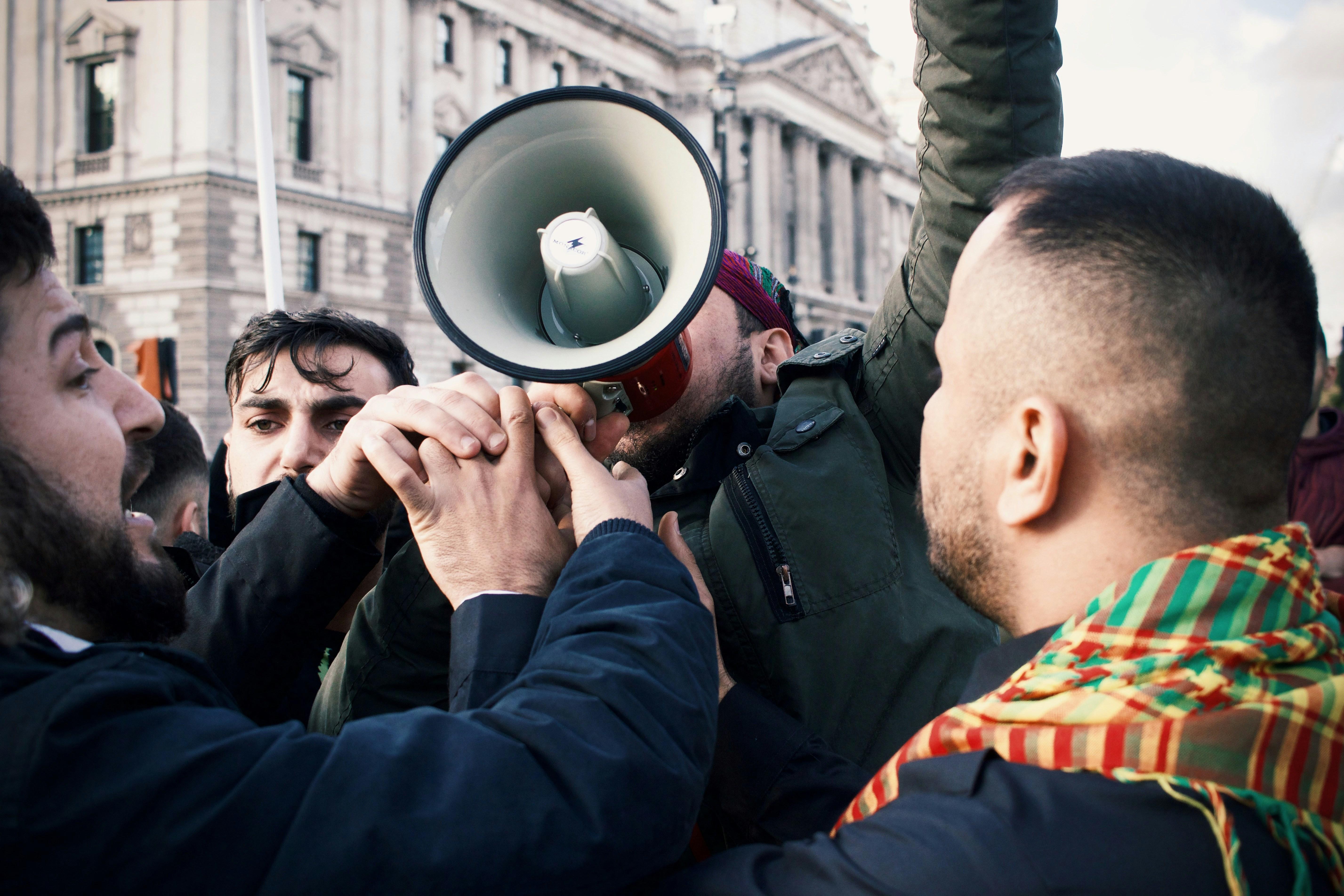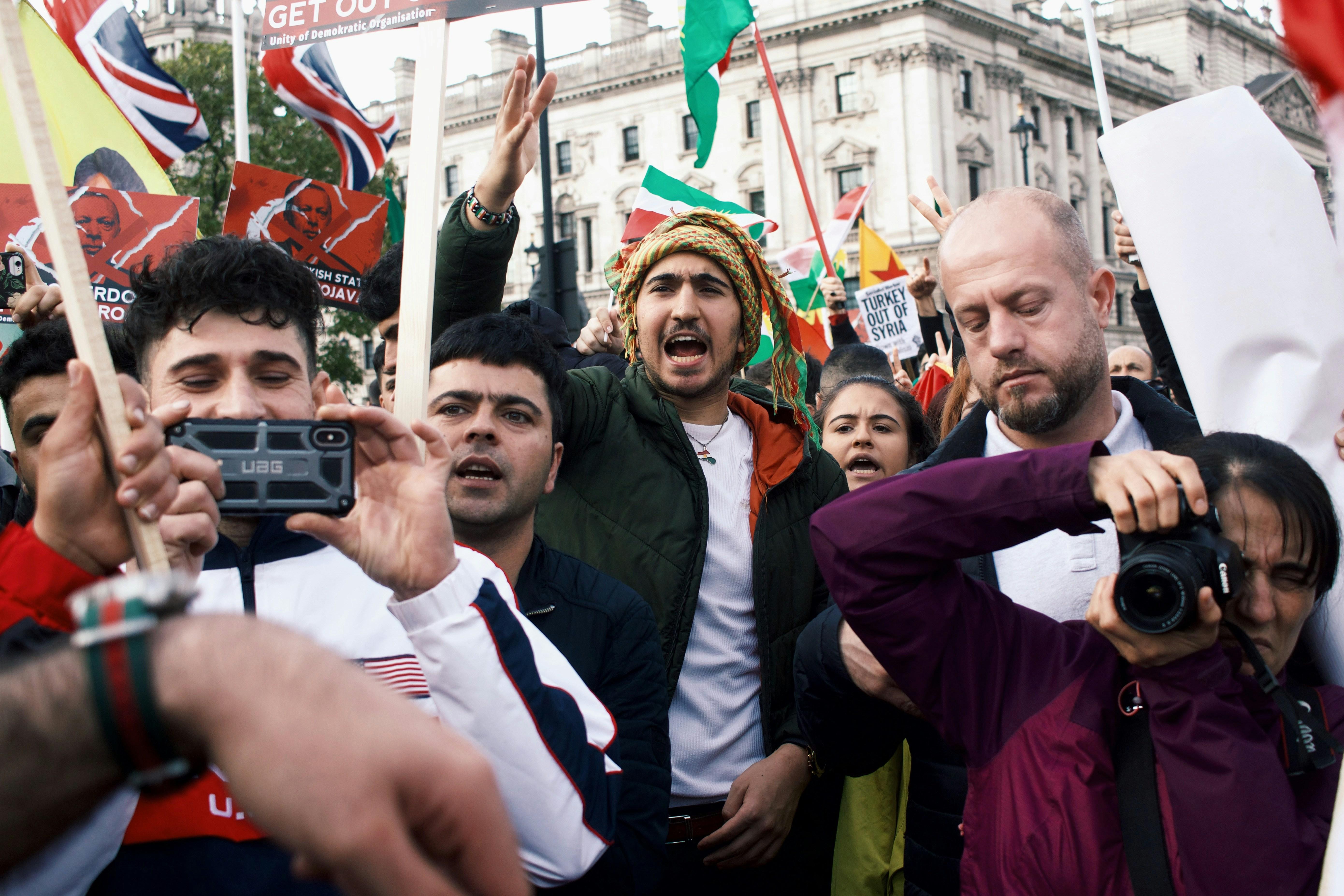War documentaries have long served as powerful lenses through which we examine the complexities of human conflict. These films provide more than just historical accounts; they offer nuanced perspectives that challenge our understanding of warfare and its profound impact on societies. In exploring both sides of conflict, these must-see documentaries delve into the multifaceted nature of war, shedding light on the motivations, struggles, and resilience of those involved. This article seeks to analyze a selection of these pivotal works, highlighting their ability to foster empathy and provoke critical reflection on the realities of global strife. Through an unbiased lens, we will uncover how these documentaries contribute to a more comprehensive discourse on the nature of conflict and its enduring legacy.
Understanding Historical Context and Its Impact
Grasping the nuances of war requires more than just understanding the events; it demands a deep dive into the historical circumstances that shaped them. Documentaries that explore conflicts from multiple perspectives offer invaluable insights into the socio-political dynamics at play. These films often highlight how historical context influences the actions and decisions of those involved, shedding light on the motivations behind seemingly inexplicable events.
- Political Climate: Understanding the political landscape during a conflict helps in grasping why certain decisions were made and how alliances were formed or broken.
- Cultural Influences: The cultural background of the regions involved can provide clues to the underlying tensions and societal norms that drive conflict.
- Economic Factors: Often a silent yet powerful force, economic conditions can precipitate war or influence its trajectory, making them crucial to any comprehensive analysis.
By exploring these elements, viewers gain a richer, more comprehensive understanding of war, moving beyond the simplistic narratives often found in conventional media. This holistic approach not only informs but also fosters empathy, encouraging audiences to consider the multifaceted nature of human conflict.
Analyzing Diverse Perspectives and Narratives
In exploring the intricate web of war, documentaries often illuminate the multifaceted narratives that shape our understanding of conflict. These films dive into the complex dynamics by presenting diverse perspectives that challenge the singular narratives often portrayed in mainstream media. By doing so, they encourage viewers to engage with the nuanced realities faced by individuals on both sides of the battlefield. This approach not only fosters empathy but also deepens our comprehension of the socio-political underpinnings of war.
Key documentaries to consider for a balanced view include:
- “The Fog of War”: A reflective examination of the moral complexities faced by decision-makers.
- “Restrepo”: An immersive experience into the daily lives of soldiers in Afghanistan.
- “The Act of Killing”: A bold narrative exploring the perpetrators’ perspectives in the Indonesian genocide.
- “The White Helmets”: A poignant look at the humanitarian efforts amidst the Syrian conflict.
These films underscore the importance of understanding all facets of war, urging us to question and reflect upon the narratives we encounter.

Exploring Ethical Implications in War Filmmaking
War documentaries have the profound ability to shape our understanding of conflicts by presenting narratives that delve deep into the human condition. However, they also raise significant ethical questions. Filmmakers are tasked with the delicate balance of truth-telling while respecting the dignity and trauma of those involved. This responsibility extends to how they portray both the aggressors and the victims, ensuring that the complexity of war is not oversimplified.
- Authenticity vs. Sensationalism: Filmmakers must navigate the fine line between creating engaging content and maintaining factual accuracy. The pressure to attract viewers can sometimes lead to dramatization, which risks distorting the truth.
- Representation of Suffering: Documentaries often highlight the harrowing experiences of war. The ethical dilemma arises in how much suffering should be shown to convey the reality without exploiting the subjects’ pain for emotional impact.
- Bias and Objectivity: Presenting both sides of a conflict equitably is challenging. Filmmakers need to be aware of their own biases and strive to offer a balanced view, allowing the audience to form their own informed opinions.

Recommendations for In-depth Viewing and Reflection
- Engage with Diverse Perspectives: To truly grasp the complexities of war, it’s crucial to engage with documentaries that present varied viewpoints. Consider films that delve into the motivations and experiences of all involved parties. This approach not only broadens understanding but also fosters empathy by humanizing those often seen as adversaries.
- Reflect on Historical Context: Documentaries that provide a historical backdrop offer invaluable insights into the roots of conflict. Understanding the socio-political and economic factors at play can illuminate why certain decisions were made and how they impact current realities. Such context encourages viewers to reflect on the cyclical nature of conflict and the lessons that can be drawn from history.
- Focus on Human Stories: While statistics and strategies are important, the heart of any conflict lies in the human stories it generates. Seek out documentaries that spotlight personal narratives, as these accounts often reveal the resilience and suffering of individuals caught in the crossfire. This human element can transform abstract conflicts into relatable, tangible experiences.



